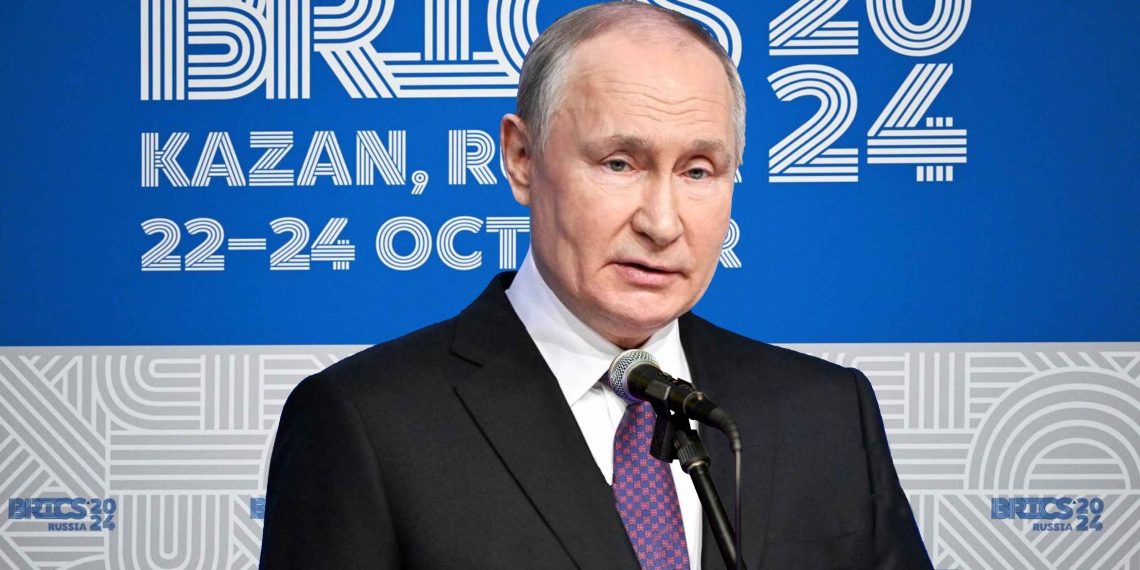The BRICS 2024 Summit showcased substantial contributions from leaders of China, India, Brazil, Iran, South Africa, and Ethiopia, with a strong focus on global governance reforms and enhancing financial cooperation.
Xi Jinping: Leading Global Governance Reform
Chinese President Xi Jinping called for BRICS to take the lead in reshaping the global governance system, emphasizing the importance of fairness, openness, inclusivity, and equality. He highlighted the need to amplify the voice of the Global South within international institutions. As the financial landscape evolves, Xi stressed that BRICS should play a critical role in fostering deeper financial and economic collaboration to secure financial stability and strengthen the influence of the BRICS bank. This initiative aims to help the global financial system adjust to shifting economic realities. Additionally, he expressed China’s readiness to promote resource development partnerships among BRICS members and underscored the necessity for the bloc to act as defenders of collective security.
Narendra Modi: Commitment to BRICS Cooperation
Indian Prime Minister Narendra Modi reaffirmed India’s dedication to advancing cooperation within the BRICS framework. He expressed optimism that BRICS would soon emerge as a key player in addressing worldwide challenges.
Luiz Inacio Lula da Silva: Banking System Discussions
Brazil’s President Luiz Inácio Lula da Silva revealed ongoing discussions to establish a banking system designed to reduce transaction costs in trade among BRICS nations. He clarified that this financial system would complement rather than replace existing national frameworks. Lula also expressed concern regarding the conflicts in Ukraine and the Middle East, warning of the potential for these crises to escalate into global threats.
Masoud Pezeshkian: A Shift from Unipolarity
Iranian representative Masoud Pezeshkian criticized the role of the United States in fueling international conflicts and wars. He noted the decline of a unipolar world order and advocated for accelerating the shift away from reliance on the U.S. dollar by introducing a BRICS currency basket and alternative payment systems. Pezeshkian highlighted BRICS’ significant role in influencing geopolitical dynamics and called for efforts to protect the rights of the Palestinian people.
Cyril Ramaphosa: Promoting Sustainable Development
South African President Cyril Ramaphosa emphasized BRICS’ responsibility to promote sustainable development that benefits all nations, not just a select few. He announced plans to initiate joint development projects in trade and technology exchange. To support the economic growth of BRICS countries, Ramaphosa suggested revising trade routes to facilitate more robust industrialization.
Abiy Ahmed: Advocating for Fair Financial Systems
Ethiopian Prime Minister Abiy Ahmed pointed out that the current global financial system is biased against developing nations, limiting their growth prospects. He argued that BRICS has the potential to foster a fairer international order and suggested that the New Development Bank could offer alternative financial support for countries in need. He also called for reforms to the UN Security Council, advocating for more just representation, and expressed Ethiopia’s commitment to multilateralism and equality within the BRICS framework.





















